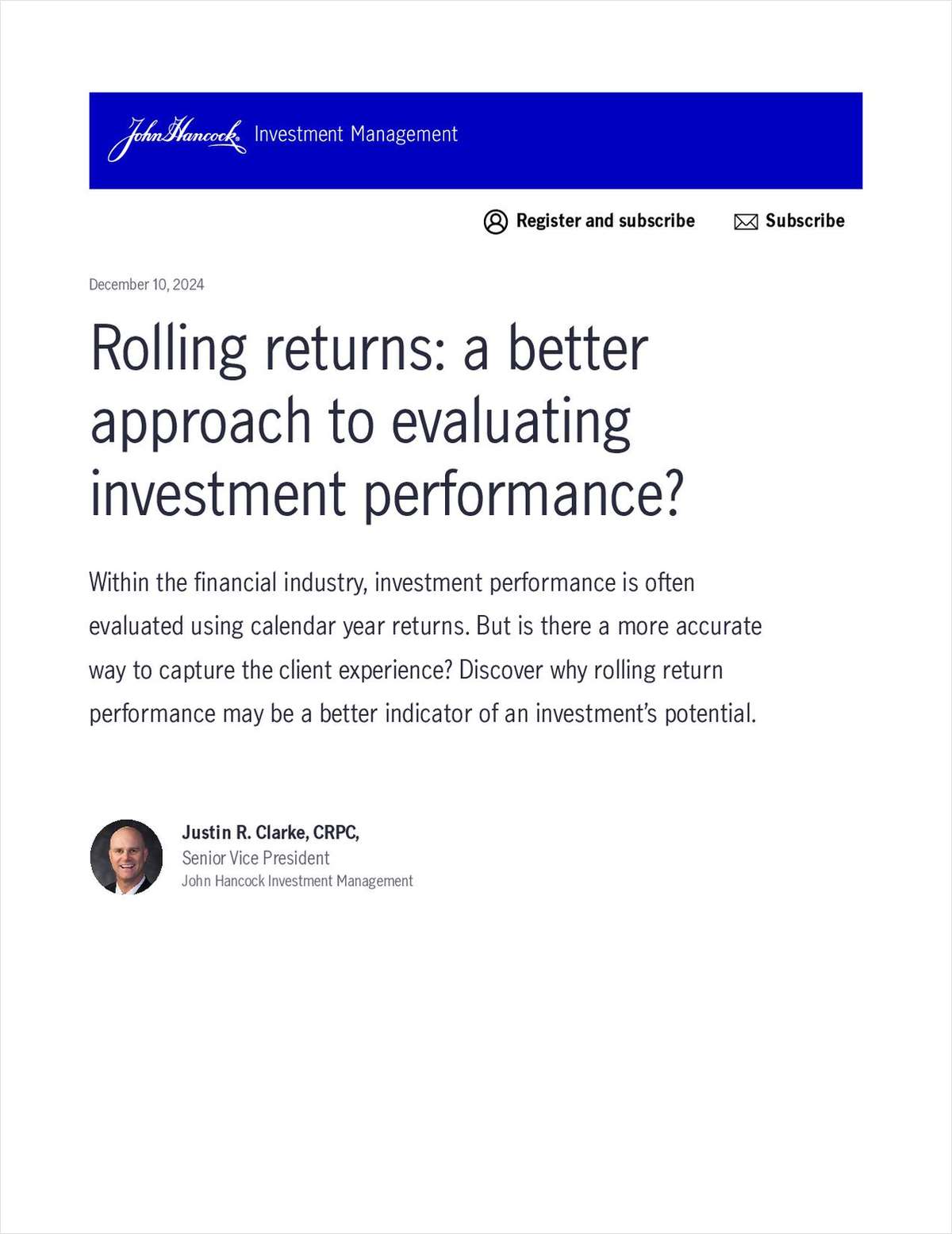
NOT FOR REPRINT
9 Federal Life Insurance Company Reboot Facts, for Agents
By
Allison Bell
News December 05, 2018 at 03:39 PM
Share & Print
NOT FOR REPRINT
© 2025 ALM Global, LLC, All Rights Reserved. Request academic re-use from www.copyright.com. All other uses, submit a request to [email protected]. For more information visit Asset & Logo Licensing.







